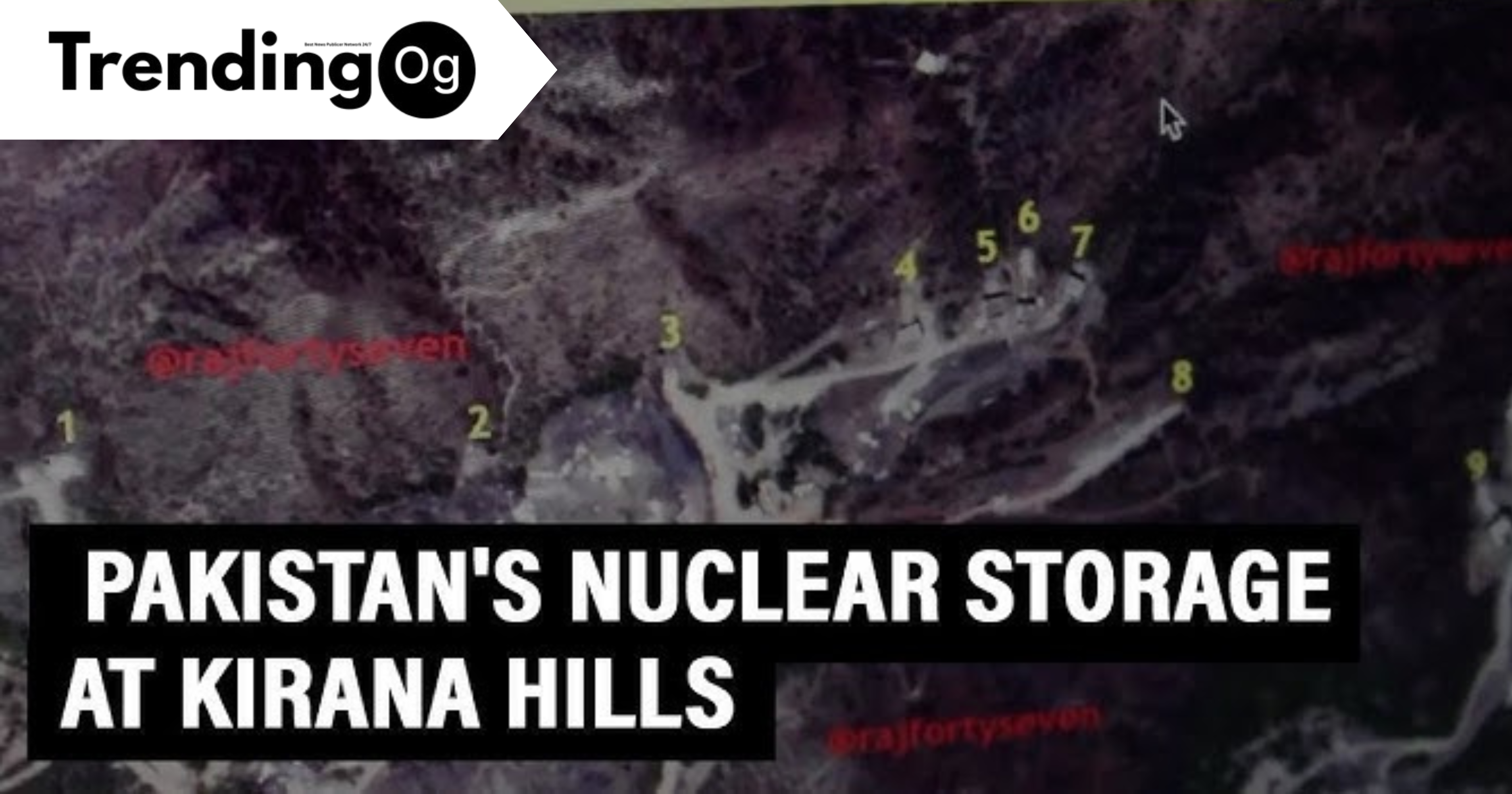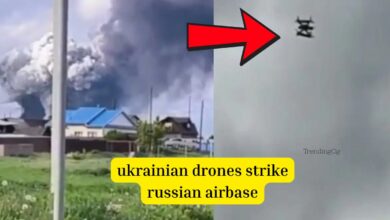Kirana Hills: Pakistan’s Controversial Nuclear Site and Radiation Concerns
Introduction

Nestled in the Sargodha district of Pakistan’s Punjab province, Kirana Hills has long been a subject of international scrutiny due to its association with Pakistan’s nuclear program. Reports of nuclear radiation leaks, secret nuclear facilities, and past military strikes have made this region a focal point for global watchdogs, including the International Atomic Energy Agency (IAEA).
This article explores the history of Kirana Hills, its role in Pakistan’s nuclear ambitions, concerns over nuclear radiation in Pakistan, and the latest developments regarding radiation leaks in the region.
Kirana Hills: A Hub for Pakistan’s Nuclear Program
Historical Significance
The Kirana Hills region gained prominence in the 1980s when Pakistan allegedly established underground nuclear testing facilities as part of its atomic weapons program. According to reports, these hills housed nuclear weapon storage sites and missile silos, making them a strategic location for Pakistan’s defense strategy against India.
The 1980s Nuclear Testing Rumors
During the Cold War era, Pakistan, under the leadership of General Zia-ul-Haq, accelerated its nuclear ambitions. The Kirana Hills were reportedly used for cold tests (subcritical nuclear experiments) to avoid detection by international agencies. While Pakistan officially conducted its first nuclear tests in 1998 in Chagai, Balochistan, experts believe that Kirana Hills played a crucial role in early research and development.
Nuclear Radiation Leak Concerns in Kirana Hills
Reports of Radiation Contamination
Over the years, there have been persistent rumors about nuclear radiation leaks in Kirana Hills, raising fears of environmental and health hazards. Some local and international media outlets have reported cases of unusual illnesses and radiation exposure among nearby residents, though Pakistan’s government has consistently denied these claims.
IAEA’s Role and Pakistan’s Secrecy
The International Atomic Energy Agency (IAEA) has occasionally expressed concerns over Pakistan’s nuclear safety protocols. However, due to the lack of transparency from Pakistani authorities, independent verification of radiation leaks remains difficult. Unlike India, which allows some IAEA oversight on civilian nuclear facilities, Pakistan has kept its nuclear sites, including Kirana Hills, under strict military control.
Recent News on Nuclear Radiation in Pakistan
In recent years, sporadic reports have emerged about radiation leaks in Pakistan, particularly near known nuclear sites. While no large-scale disaster has been officially confirmed, the secrecy surrounding Pakistan’s nuclear program continues to fuel speculation.
The Kirana Hills Strike: A Mysterious Military Operation
1980s Israeli and Indian Suspicions
During the 1980s, intelligence reports suggested that Israel and India considered striking Kirana Hills to disrupt Pakistan’s nuclear program. While no such attack occurred, the rumors highlighted the strategic importance of this region.
Possible U.S. Surveillance
Declassified documents suggest that the U.S. monitored Kirana Hills closely during the 1980s and 1990s, fearing nuclear proliferation. Some analysts believe that Pakistan may have abandoned or scaled back operations in the area due to international pressure.
Current Status of Kirana Hills: Is There Still a Nuclear Threat?
Decommissioning Claims
Pakistani officials claim that Kirana Hills is no longer an active nuclear site and that most facilities were decommissioned in the 1990s. However, satellite imagery and defense analysts suggest that some underground structures may still exist.
Environmental and Health Impact
If nuclear radiation leaks did occur in the past, the long-term effects on the local population and environment remain unclear. Without independent investigations, the true extent of contamination—if any—cannot be verified.
International Reactions and Future Concerns
Global Nuclear Watchdogs
Organizations like the IAEA continue to monitor Pakistan’s nuclear activities, but limited access hinders comprehensive assessments. The lack of transparency raises concerns about nuclear safety in Pakistan, especially given the country’s political instability.
Potential Risks of Nuclear Proliferation
Pakistan’s nuclear program has always been a contentious issue, with fears that materials or technology could fall into the hands of non-state actors. The history of Kirana Hills serves as a reminder of the risks associated with secretive nuclear programs.




